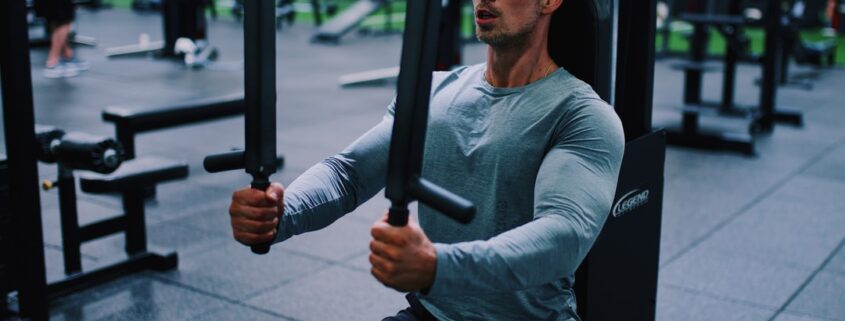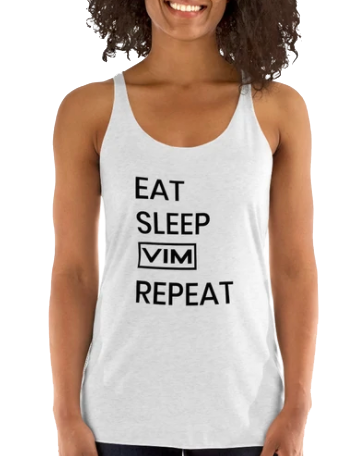2022 is in full swing, and some of us haven’t made much progress on our new year’s resolutions. It can be challenging to come up with a gym diet that you know you can commit to. The key to creating a great diet plan is defining your goals, choosing healthy foods you love, and finding a support network of specialists.
After that, it all comes down to personal commitment and accountability. If you make a plan that’s right for you and commit to it, nothing can stop you. For a guide on formulating the best gym diet for your workout needs, keep reading.
1. Know Your Goals
The first step in designing your optimal gym diet is knowing your goals. You can’t make a gym diet plan if you don’t have a clear direction.
Whether you’re bulking or cutting as part of an athletic routine or looking to make a lifestyle change, your goals will make a difference.
Bulking and Cutting
If you’re bulking, you want to prioritize carbs and protein. Most people use this as an excuse to open up their diets and eat whatever they want. Some people who bulk are a bit laxer when it comes to fast food, while others have a more semi-clean diet.
Your plan will depend on what works for your body and your goals. You’ll find various people who either open up their diets or only eat clean. Some have a hard time bulking because of high metabolism rates.
On the other hand, cutting involves introducing certain food restrictions. Through this process, you’ll work on transforming your bulk into muscle mass. This cycle can be difficult to stick to for most people but is par for the course for most athletes.
Lifestyle Changes
If you’re only looking for a lifestyle change, you can be more moderate about your diets. Start by reducing your sugar intake. Then, work on balancing your ratios of fats, carbs, and proteins.
Staying hydrated and choosing healthier options will be crucial to your success. Home-cooked meals will be your friend as long as you make a conscious effort to cook healthier. A balanced diet with plenty of leafy greens and lean protein will go a long way.
Regardless of how deep into fitness you are, a good tip is to avoid drinking your calories.
2. Plan Your Macros
Macros is a shorter term for macronutrients. This refers to three nutrients you get from your daily meals: fats, protein, and carbohydrates. Regardless of how intense your fitness goals are, you need to plan ahead for your workout diet.
One of the main reasons people don’t see results with their diets is that they forget to consider their nutritional intake. Many implement harsh food restrictions, which end up doing more harm than good.
Knowing where you’re going to get your nutritional intake from in advance will help you. It’s much easier to stick to a diet and cook around it when you have the ingredients laid out in advance. For your protein source, consider lean meats like fish and chicken.
If you’re vegan, soy and legumes are good alternative sources of protein. You might still need to look into workout supplements or additional vitamins. For fats, avoid heavy dairy.
Instead, opt for nuts and healthy oils like avocado. Some people even go with nut-based milk like almond or cashew. Carbs can be tricky as it’s important to keep them clean. Rice is a good go-to, and oats are another favorite.
Limit your intake of bread or pasta, especially if you have high goals. When you plan your diet and macros this way, you get to pick what you want to eat. It’s crucial to remember that eating healthy doesn’t mean saying goodbye to your favorite foods.
The ideal diet plan should be healthy, but also one that you like. If you’re too restrictive and only cook things you don’t like, you’ll have difficulty making progress.
3. Work with Specialists
Everyone is different, and we all have unique medical and nutritional needs. It can be hard to know what these are or which ones are most effective without trial and error. Working with specialists is more effective and can help you pinpoint more efficient strategies that work for you.
Specialists can give you a proper breakdown of the different types of diet plans. You may already be familiar with popular diets like keto or intermittent fasting. However, without proper research and consultation, going all-in could prove dangerous or counterproductive.
You want to adhere to proper workout nutrition based on your body. A nutrition expert can help you keep track and develop the right plan for your needs. They can also help you make subtle tweaks and provide you with more confidence.
You might like the thought of embarking on this challenge alone, but it can be hard. A good support system of experts who know what they’re doing will make a big difference.
4. Honest Accountability is Key
At the end of the day, it’s all on you. Your family can support you, or specialists can make recommendations, but it comes down to your determination. You need to be honest with yourself, what you want, and what you can achieve.
It’s also important to realize that slip-ups are ok. What matters is you get back on the horse. If you mistime your fast or cave by eating a donut, don’t use that as an excuse to binge or reset your whole diet.
If anything, use these small failures as motivation to work harder. Remember, it’s all a part of your journey. As long as you progress towards your final goal, that’s all that matters.
Planning the Right Gym Diet
There’s no one-size-fits-all approach to gym diets, but there are a few guiding principles to help you get on the right track. You want to start by having a clear set of fitness goals.
Having a gym and team of trainers you can trust also goes a long way. At VIM Fitness, we excel at helping you reach your health and fitness goals, so reach out to us today.










This is absolutely the best information This article is really very interesting and effective.
This is absolutely the best information, This article is really very interesting and effective.